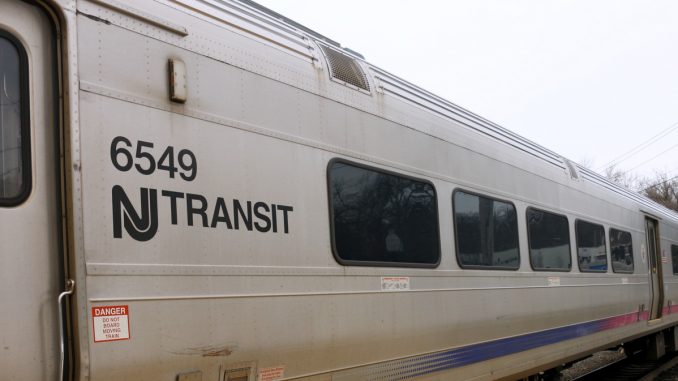
N.J. Transit said it is upgrading River Line Light Rail Vehicle engines to improve fuel efficiency and reduce the environmental impact of operating the line.
The more than 20 Tier IV diesel engines from Cummins will replace existing 15-year old Tier I engines, bringing the line into alignment with current EPA emissions standards, and result in fuel savings of 10 to 15 percent, the agency said in a news release
“N.J. Transit service gets people out of cars and is one the best ways to limit state-wide greenhouse gas emissions,” N.J. Transit President and CEO Kevin Corbett said in a news release. “At the same time, these engines will help N.J. Transit reduce its carbon footprint and operating costs through better fuel efficiency.”
The existing Tier I engines, in addition to being less efficient than their replacements, have reached the end of their useful life. Maintenance cost and time in the shop continues to increase as many of the necessary parts are no longer in production.
Compared to the current engines, the Tier IV engines are expected to reduce oxides of nitrogen (NOx) emissions by at least 57 percent, and lower particulate matter (PM) by 90 percent. This will reduce the impact of the River Line on the local and global environment, officials said.
The retrofit of new engines includes heating systems on the cars, installation of auxiliary power to reduce downtime, upgraded control and diagnostic features, and enhancement of the fire suppression system will expand the useful life of existing River Line vehicles to 30 years.
The total cost for the project from design to installation and moving customers is approximately $23M, and full implementation of the Tier IV engines should be completed by Spring 2022. There will be no impact on service during the rollout.

